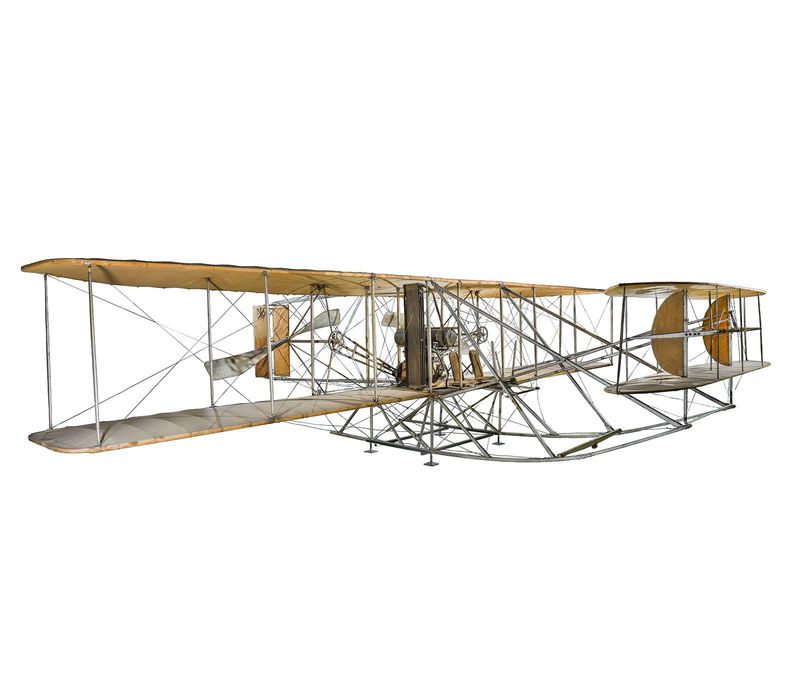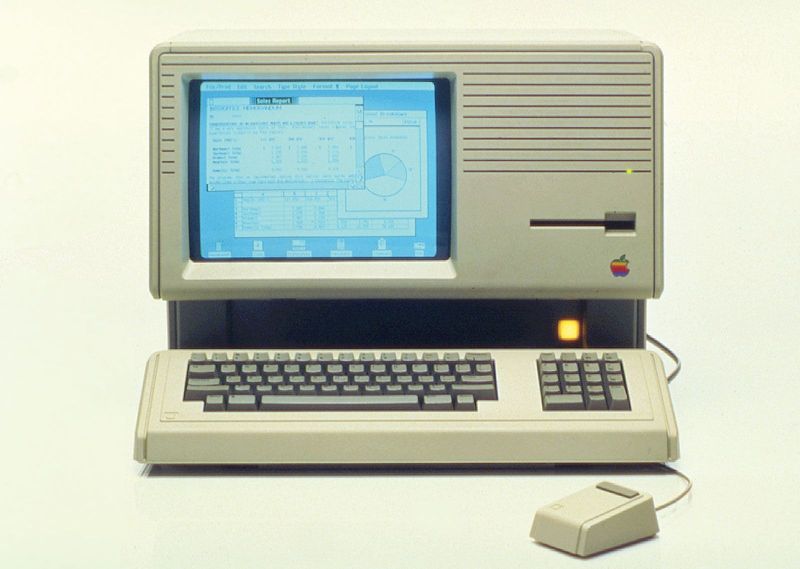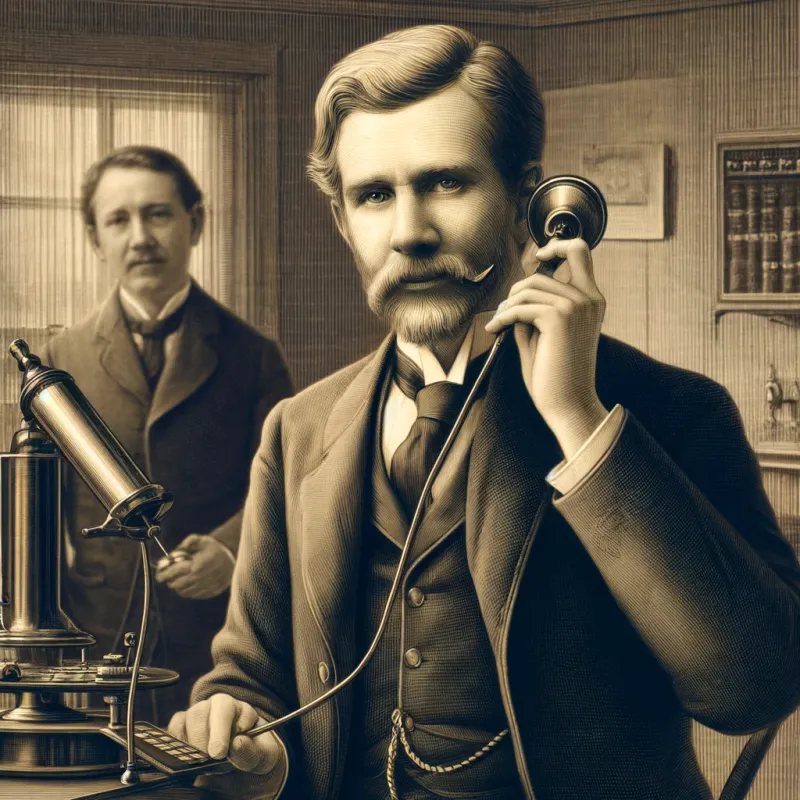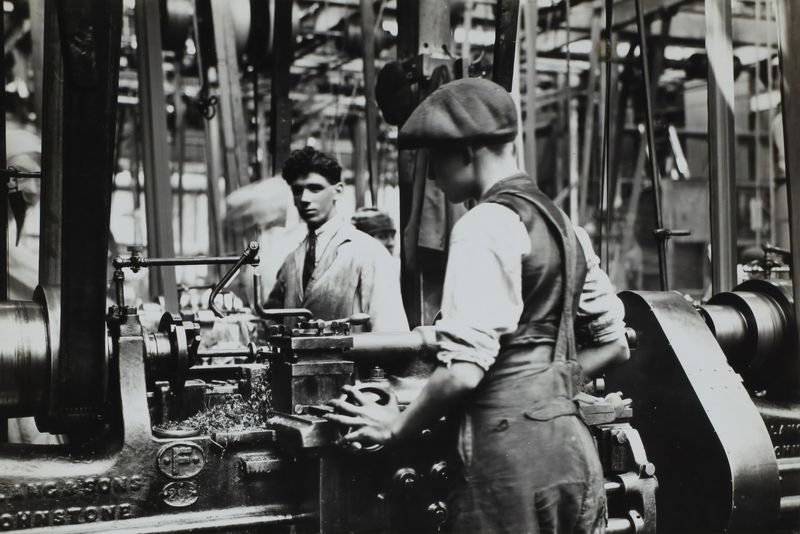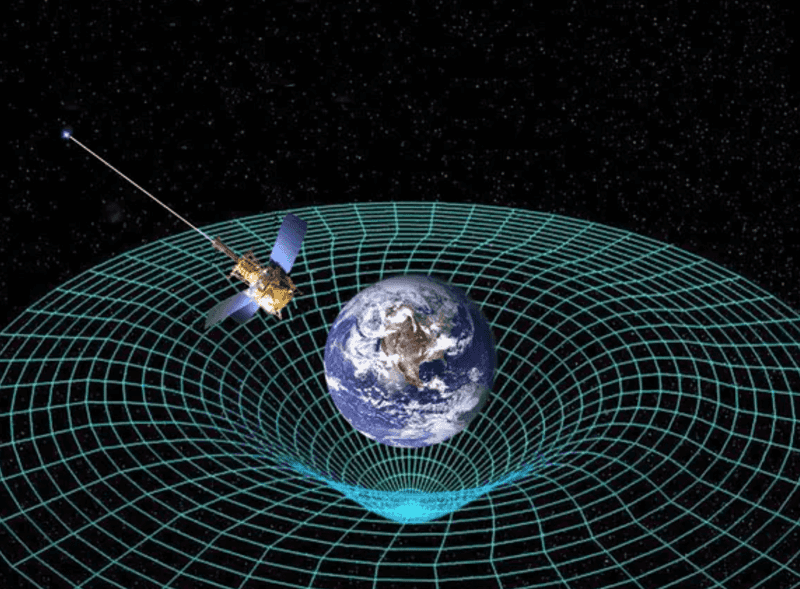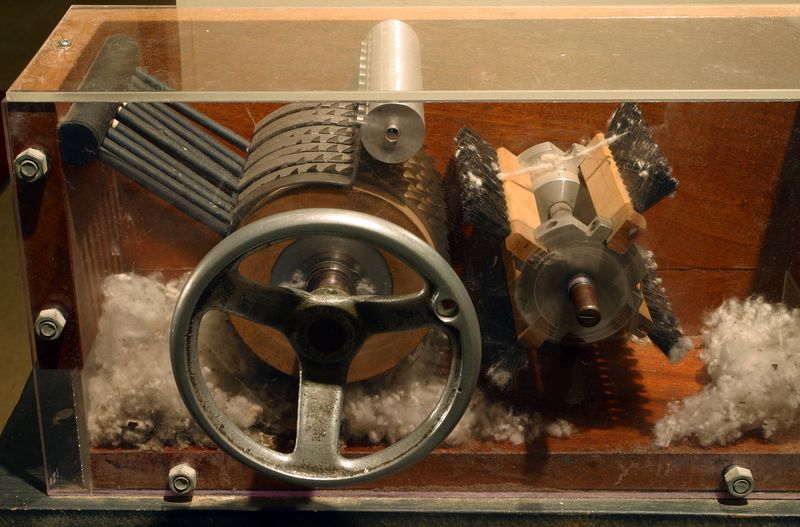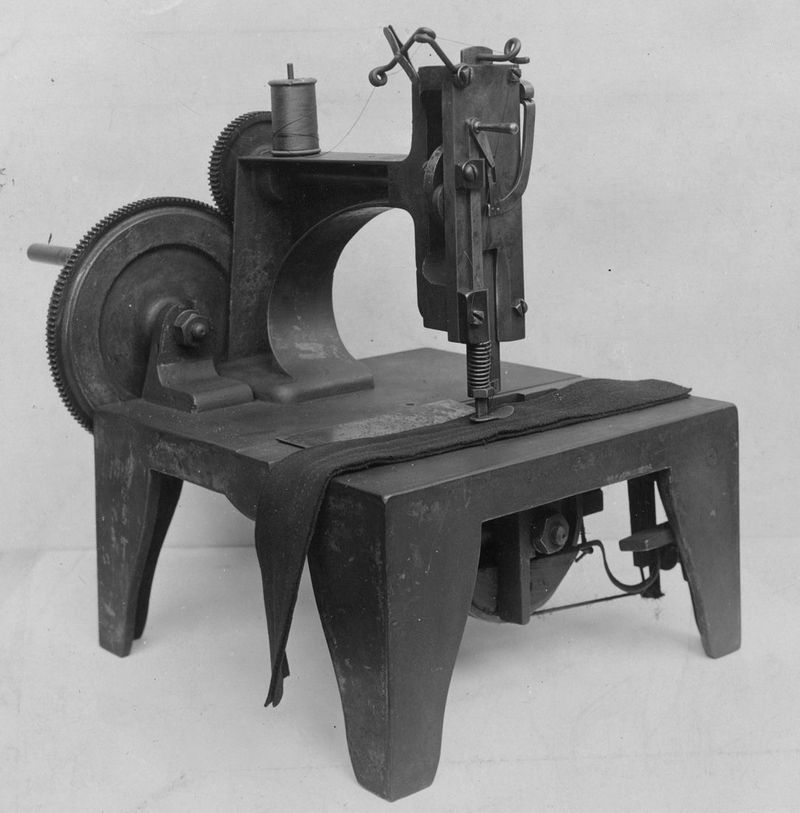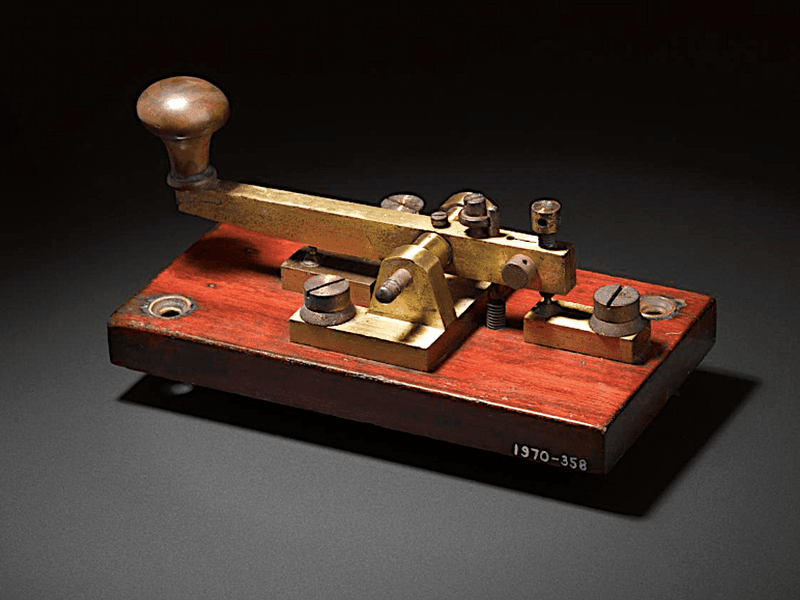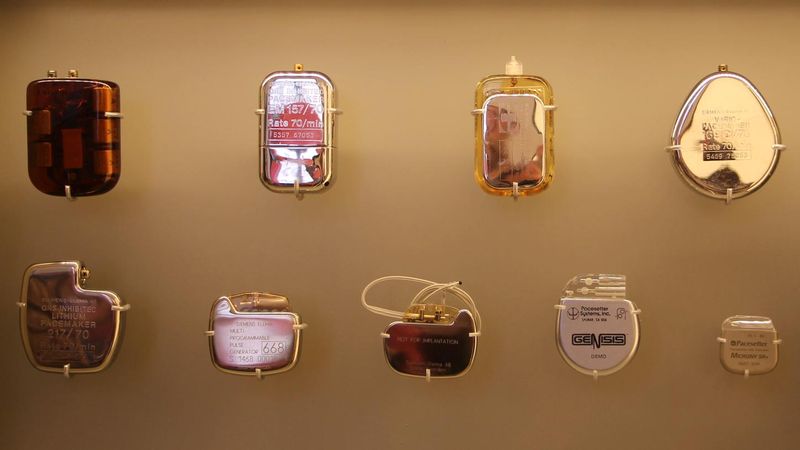The United States has been a hub of innovation and creativity, contributing some of the most significant inventions that have shaped the modern world.
From everyday conveniences to groundbreaking technologies, American inventors have left an indelible mark on the global stage.
This blog post explores 15 remarkable American inventions that have transformed lives and industries worldwide.
1. The Light Bulb
The invention of the incandescent light bulb by Thomas Edison in the late 19th century revolutionized the way people live and work. Before its invention, homes and streets were dimly lit with candles or oil lamps.
The light bulb offered a reliable and affordable light source, brightening homes and extending productive hours into the night. This simple yet profound invention laid the groundwork for a myriad of technological advances that followed.
Moreover, it spurred economic growth by enabling factories to operate past daylight hours, thus increasing production and efficiency.
2. The Airplane
The Wright Brothers, Orville and Wilbur, achieved the first powered flight in 1903 at Kitty Hawk, North Carolina. Their invention of the airplane forever changed transportation and warfare, making the world more connected and accessible.
The airplane has not only facilitated global travel and trade but also played crucial roles in delivering aid and connecting remote communities.
Today, air travel is an integral part of our daily lives, thanks to the pioneering spirit and innovative techniques developed by these visionary brothers. Their achievement marks a significant milestone in human history and exploration.
3. The Internet
The creation of the internet, largely attributed to the work of American computer scientists like Vint Cerf and Bob Kahn, has transformed how we communicate, work, and socialize.
Initially developed as a military project to ensure communication in case of a nuclear attack, it has grown into a global network that connects billions.
The internet has revolutionized industries, from shopping to entertainment, and plays a vital role in education and healthcare. This innovation has made information accessible to anyone, anywhere, fostering a more knowledgeable and connected world.
4. The Personal Computer
In the late 20th century, the personal computer emerged as a groundbreaking technology that transformed everyday life. Pioneered by companies like Apple and Microsoft, personal computers made computing accessible to the masses.
They empowered individuals to perform tasks previously reserved for specialized machines, like word processing and data analysis. Today, PCs are essential in workplaces and homes, serving as tools for education, communication, and entertainment.
The invention of the personal computer democratized technology, ushering in the digital age and changing how we work, learn, and interact.
5. The Telephone
Alexander Graham Bell’s invention of the telephone in 1876 revolutionized communication. Before its advent, communicating over long distances meant sending letters or telegrams, which could take days.
The telephone made it possible to converse with someone miles away instantly. This invention not only changed personal communication but also had a profound impact on business operations.
It allowed for faster decision-making and more efficient customer service. The telephone laid the foundation for the communication technologies we rely on today, including mobile phones and the internet.
6. The Assembly Line
Henry Ford’s introduction of the assembly line in 1913 transformed manufacturing. By breaking down production into simple repetitive tasks, he drastically reduced the time and cost to produce goods.
This efficiency enabled mass production, making products like automobiles affordable for ordinary people. The assembly line became a cornerstone of industrial manufacturing and is now a standard practice worldwide.
It not only revolutionized the automotive industry but also influenced production in various sectors, demonstrating the power of innovation in improving productivity and living standards.
7. The Global Positioning System (GPS)
The development of the Global Positioning System (GPS) by the U.S. Department of Defense has revolutionized navigation and location tracking. Originally designed for military use, GPS technology is now an indispensable tool in civilian life.
It guides us on road trips, helps us find misplaced devices, and even tracks fitness activities. GPS technology has transformed industries like logistics and agriculture by improving efficiency and accuracy.
Its widespread use exemplifies how military innovations can be adapted to enhance everyday life, making it easier to navigate and explore our world.
8. The Microwave Oven
Percy Spencer’s accidental invention of the microwave oven in the 1940s changed cooking forever. By discovering how to use microwaves to heat food quickly, he introduced a new level of convenience to meal preparation.
The microwave oven became a staple in kitchens worldwide, allowing people to cook or reheat food in minutes. It revolutionized the food industry, leading to the creation of ready-to-eat meals and popcorn bags.
This appliance has saved countless hours for busy families, making quick meals a reality and altering the way we think about cooking and eating.
9. The Credit Card
The introduction of the credit card in the 1950s revolutionized the way people conduct financial transactions. It offered a convenient alternative to cash, allowing consumers to purchase goods and services on credit.
This innovation reshaped the retail industry and consumer habits by enabling people to buy larger items and pay over time. It also laid the foundation for contemporary digital payment systems and online shopping.
Today, credit cards are ubiquitous, providing benefits like rewards and fraud protection, and continue to influence economic activity and consumer behavior.
10. The Phonograph
Thomas Edison’s phonograph, invented in 1877, was the first device to record and reproduce sound. This groundbreaking innovation paved the way for the music industry as we know it today.
Before the phonograph, music was an ephemeral experience, enjoyed live. Edison’s invention allowed people to listen to music and recordings at their convenience, bridging the gap between artists and audiences.
The phonograph’s impact extends beyond entertainment, influencing language preservation and education. It was a precursor to modern audio technology, including vinyl records, CDs, and digital music.
11. The Cotton Gin
Eli Whitney’s invention of the cotton gin in 1793 revolutionized the agriculture industry. By mechanizing the process of separating cotton fibers from seeds, the cotton gin greatly increased production efficiency.
This innovation not only boosted the cotton industry but also had a profound impact on the American economy, particularly in the South.
However, it also inadvertently strengthened the institution of slavery, as plantation owners expanded cotton cultivation. Despite its controversial legacy, the cotton gin remains a significant technological advancement that reshaped American agriculture and industrialization.
12. The Sewing Machine
The invention of the sewing machine, with Isaac Singer’s improvements in the 1850s, transformed the textile industry. It significantly reduced the time and labor required to produce clothing, making garments more affordable and accessible.
This innovation democratized fashion by enabling mass production of clothing. It also empowered individuals, particularly women, by providing them with employment opportunities and the ability to create their own clothes.
The sewing machine remains a vital tool in the fashion industry, symbolizing progress and the power of technology to improve quality of life.
13. The Electric Telegraph
Samuel Morse’s invention of the electric telegraph in the 1840s revolutionized long-distance communication. By transmitting coded messages over wires, it allowed instant communication across great distances.
This innovation had a profound impact on commerce, journalism, and personal communication, effectively shrinking the world. The telegraph enabled rapid news dissemination and improved coordination during wars and business operations.
It laid the groundwork for future communication technologies, such as the telephone and the internet. The telegraph remains a symbol of technological progress and the human desire to connect.
14. The Pacemaker
The invention of the pacemaker revolutionized cardiac care by providing a way to regulate heartbeats. First implanted in a human in 1958, this small device has saved countless lives by correcting irregular heart rhythms.
The pacemaker exemplifies how medical technology can enhance quality of life, enabling individuals with heart conditions to lead active and fulfilling lives.
Over the years, pacemakers have become more advanced, incorporating features like remote monitoring, demonstrating the potential of innovation in medicine. This life-saving device highlights the impact of American ingenuity on global health.
15. The Super Soaker
Lonnie Johnson’s invention of the Super Soaker in 1989 transformed outdoor play. This powerful squirt gun became a cultural icon, turning water fights into epic battles.
The Super Soaker’s innovative design, using pressurized air to shoot water, set new standards for water toys. It became a bestseller and a staple of summer fun, proving that even simple innovations can have a significant impact.
The Super Soaker embodies the spirit of creativity and fun, demonstrating how a novel idea can capture the imagination and bring joy to countless children and adults alike.

